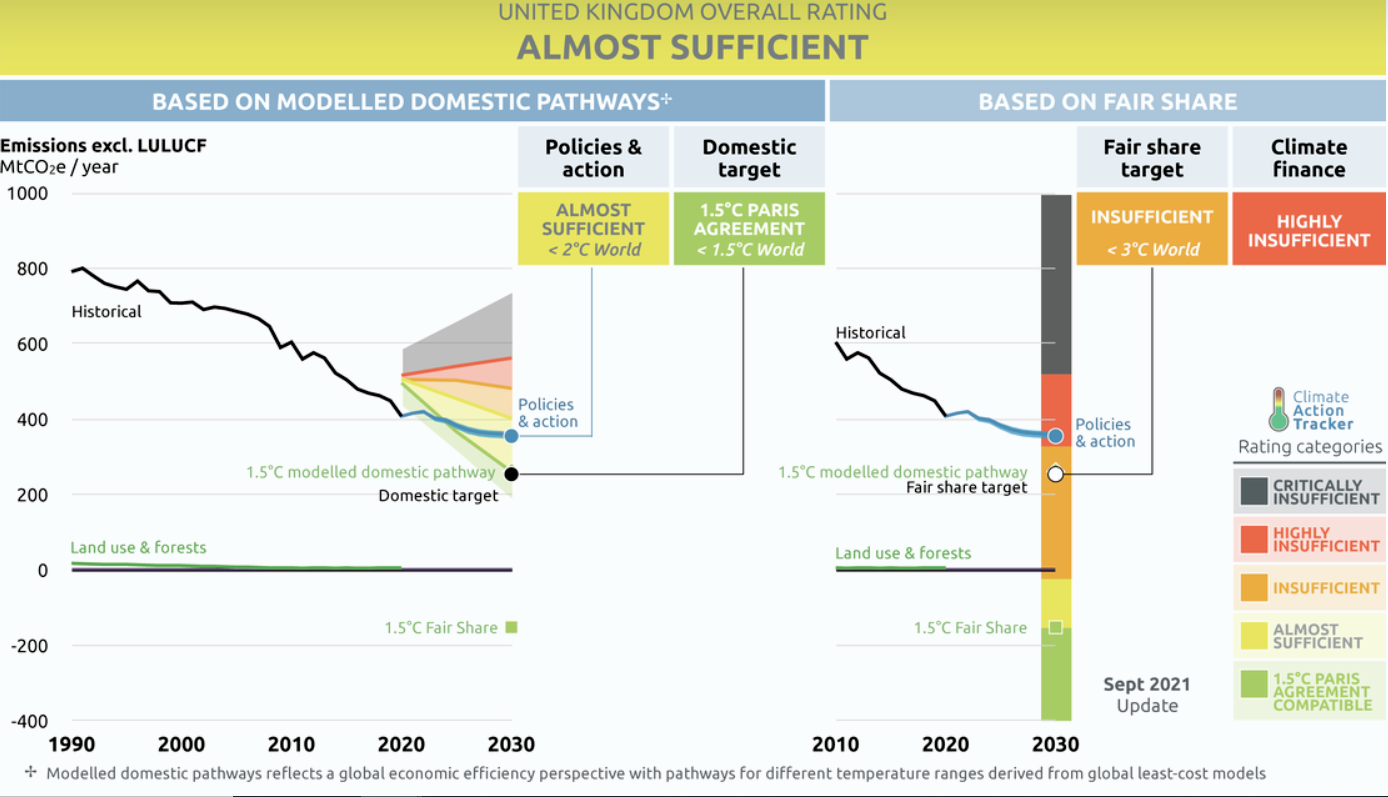Today, 193 Parties (192 countries plus the European Union) have joined the Paris Agreement.
The Agreement includes commitments from all countries to reduce their emissions and work together to adapt to the impacts of climate change, and calls on countries to strengthen their commitments over time
The Paris Agreement works on a five- year cycle of increasingly ambitious climate action carried out by countries. Every five years, each country is expected to submit an updated national climate action plan – known as Nationally Determined Contribution, or NDC.
The NDC is essentially a calculation of the gross Carbon Footprint (CFP) of the nation concerned, and how it needs to be reduced in order to meet the targets imposed through the Paris Agreement.
A NDC is comprised of the CFPs of businesses, organisations such as universities and schools, and individual citizens of the nations concerned.
In their NDCs, countries communicate actions they will take to reduce their greenhouse gas (GHG) emissions in order to reach the goals of the Paris Agreement. Countries also communicate in the NDCs actions they will take to build resilience to adapt to the impacts of rising temperatures.
The NDC for the UK may be found here.
The NDC commits the UK to reducing economy-wide greenhouse gas emissions by at least 68% by 2030, compared to 1990 levels. It also includes information on how this target was developed and is quantified.
The ultimate objective of the Paris Agreement is to reach a state that is referred to as ‘Net Zero’. This is defined here as “Net zero refers to a state in which the greenhouse gases going into the atmosphere are balanced by removal out of the atmosphere. “
There are many organisation such as Climate Action Tracker that are monitoring the progress towards Net Zero interim and 2050 targets. The UK has already made significant progress towards the targets, as shown here

